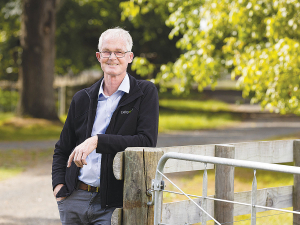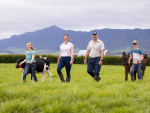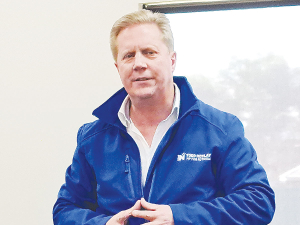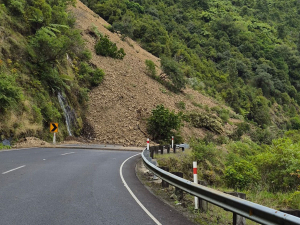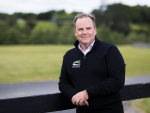DairyNZ chair Jim van der Poel says, while the proposal has adopted many key recommendations from the He Waka Eke Noa Partnership, the Government has made significant changes that will be a focus for the sector during the six-week consultation.
He says DairyNZ strongly disagrees with some of the changes made to limit the recognition and reward farmers will get for their on-farm planting by removing classes of sequestration like shelterbelts, woodlots and scattered trees. He says the whole proposal by HWEN was finely balanced and the Government fiddling with a couple of things like the governance structure and the sequestration criteria could change that balance.
"So we just have to work through what that means and if we think they have got in wrong, go back to them and try get those things improved and changed," he told Dairy News.
Van der Poel says DairyNZ knows how important it is for NZ to move on climate change, but says they also know the importance of moving at a pace that doesn't leave our farmers, families and rural communities behind.
"Emissions pricing needs to be practical, pragmatic and fair for farmers, and there is still a lot that needs to be improved to make what the Government have announced workable.
"Remember that if farmers are asked to do something, they need to see the logic of what they have been asked to do and benefits of it. So we are trying to make sure that whatever is put in place is right and that farmers can say 'that makes sense' and will get on with it," he says.
Van der Poel says farmers want to be able to quantify the benefits of such regulations and points out that, while being said to be the most carbon efficient producer in the world will help sell our products, it is not the complete answer. He says we have to 'New Zealandise' our products so that consumers can take into account all the other positive elements of our production systems.

